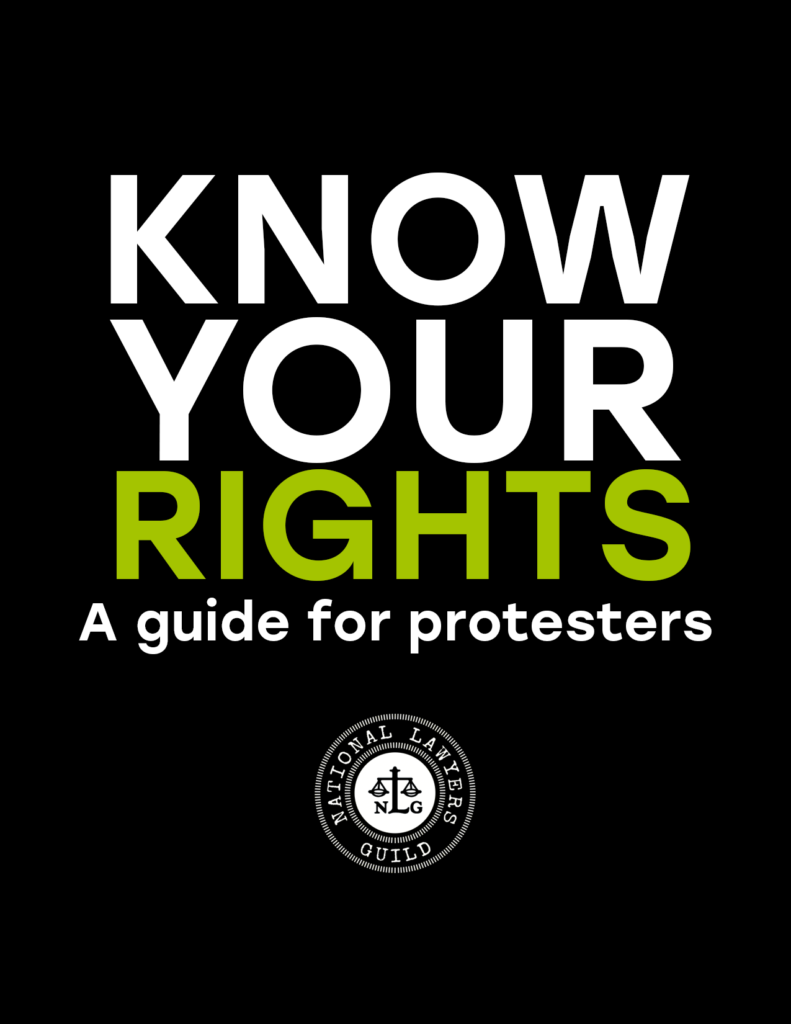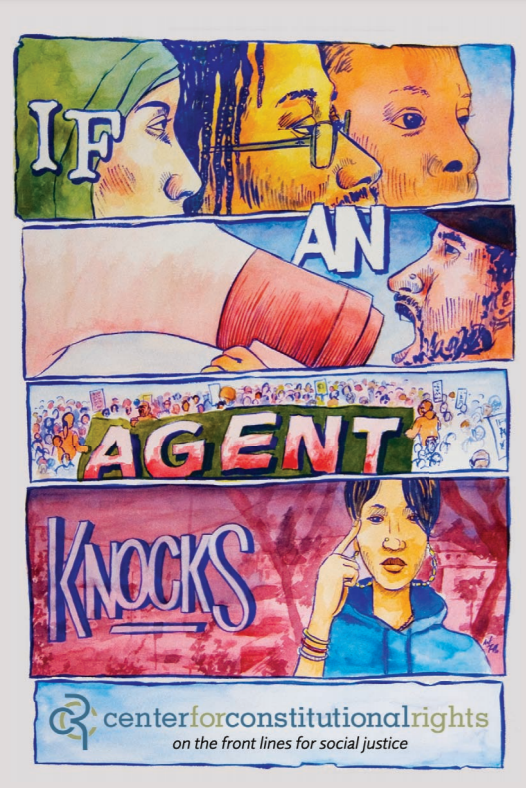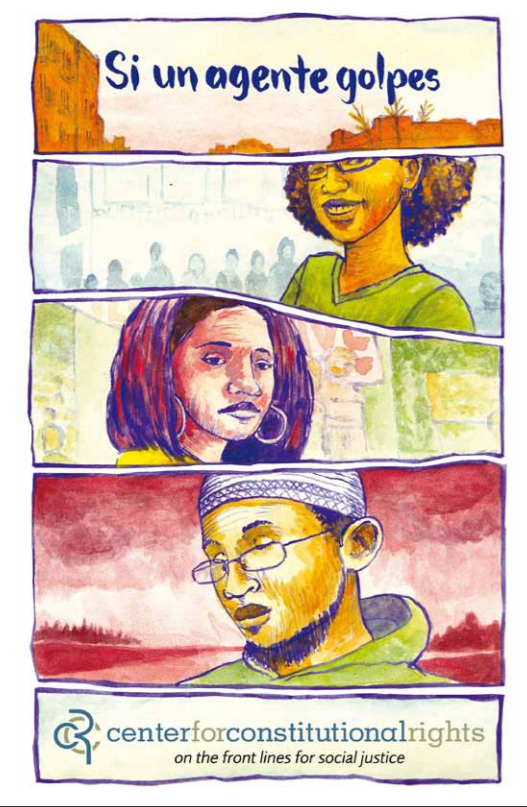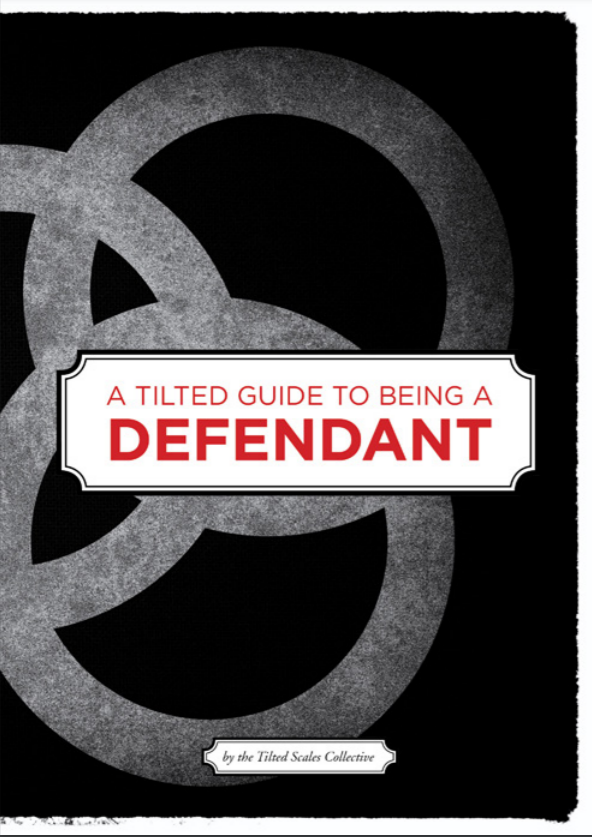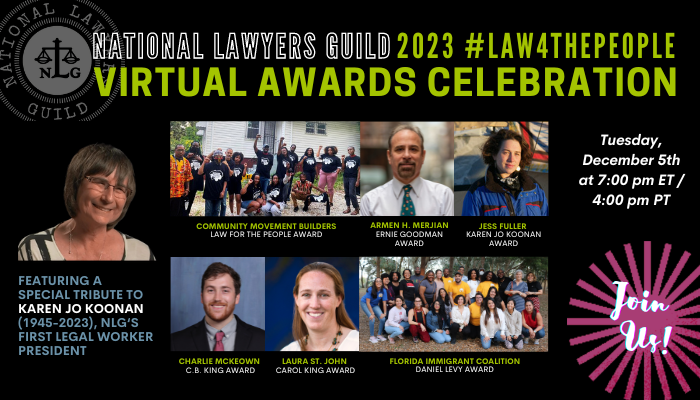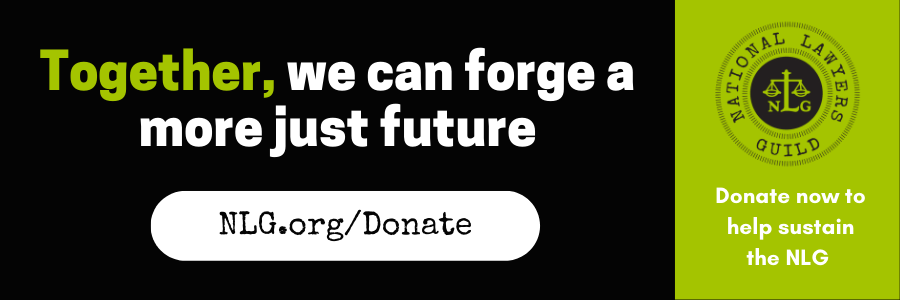Mass Defense Resources
Whether you’re leading a long-standing legal observing program with the NLG or just getting started, we strongly urge Legal Observers® (LOs), LO coordinators, supervising attorneys, and others involved with NLG Mass Defense to make sure to familiarize themselves with the following resources. Anti-oppression work is fundamental to the mission of the NLG, and effective Mass Defense needs to incorporate anti-oppression to our on-the-ground rapid response. It is also important that these materials are incorporated into how we treat one another, as privilege and power do not disappear in our relationships (interpersonal and systemic) in the NLG.
Below are educational resources for anti-oppression work as well as material, emotional, and logistical support resources for LOs and other NLG Mass Defense volunteers.
Anti-Oppression Resources
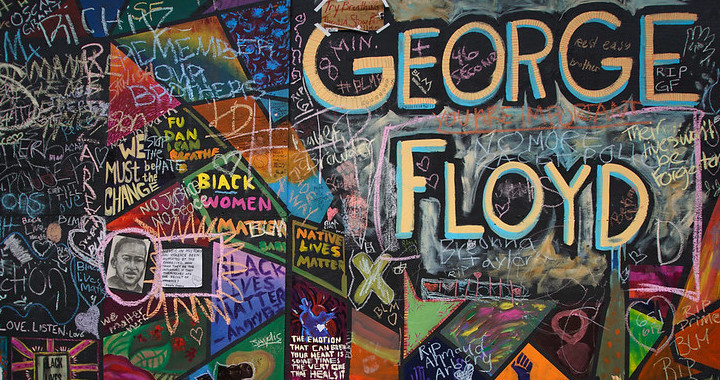
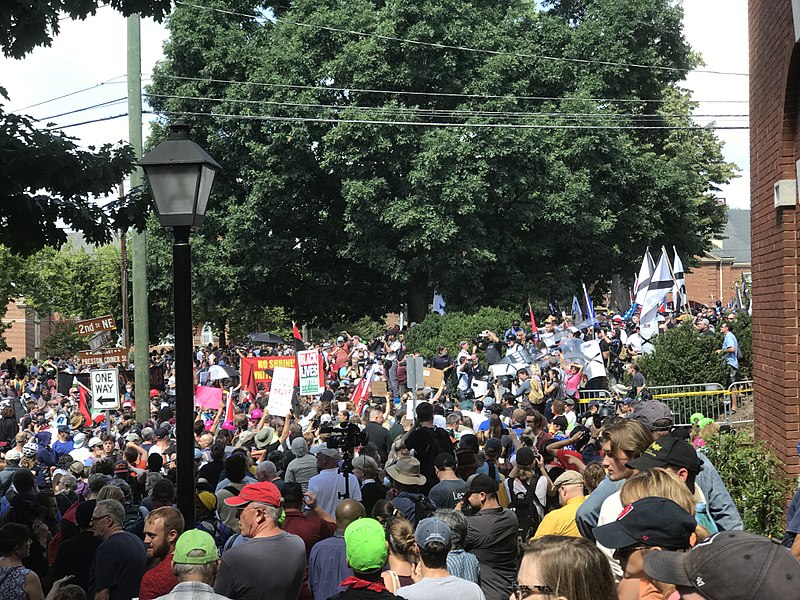
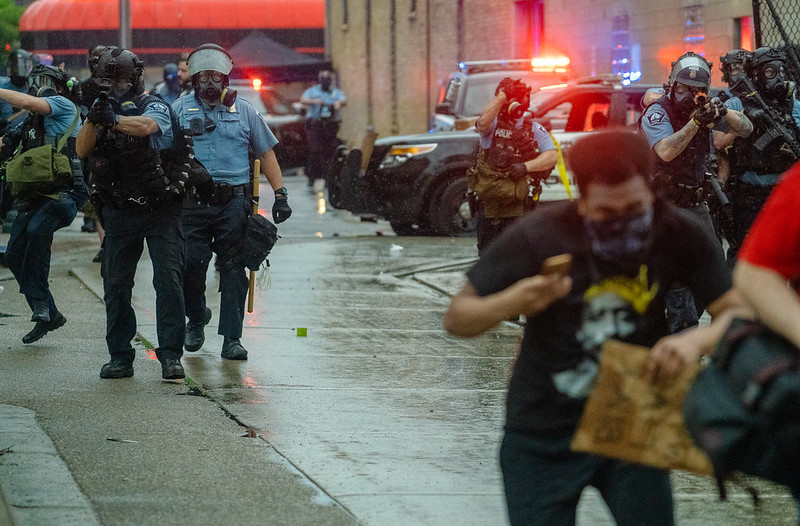
Photo Credit: (Left to Right) “BlackLivesMatter-George Floyd. Portland’s Epicenter. The Apple Store. June 14, 2020” by drburtoni is licensed under CC BY-NC-SA 2.0. “Charlottesville ‘Unite the Right’ Rally” by Anthony Crider is licensed under CC BY 2.0. Minneapolis Police fire tear gas at those protesting the May 25th death of George Floyd. Chad Davis is licensed under CC BY-NC-SA 2.0.
Program Support Resources
Bail Funds are an integral part of community-driven mass defense efforts, and some of the most effective bail funds in the country have been created by non-lawyer, non-legal worker activists on the ground. Click on the link below to get plugged into the National Bail Fund Network and see what bail funds are in your area.
Legal Defense Funds (LDFs) can serve as crucial tools for sustaining grassroots led movements and defending the people who put their lives on the line for them.
The National Lawyers Guild and National Bail Fund Network have teamed up to create a guide for setting up legal defense funds in order to address some challenges organizers may face in creating and implementing such funds, with considerations related to fundraising, eligibility, legal logistics, accountability, and more. The 2021 updated version of the guide is below.
“Fight the power; do no harm”
-Chicago Action Medical
What are Street Medics?
As defined by Chicago Action Medical, street medics are “an international informal community of people who have provided medical support during the last half-century, at protests, direct actions, uprisings, and natural disasters that are complicated by police or military targeting of survivors.”
However, the origin of street medics can be traced to the Civil Rights Movement of the 1950s and 60s. The Atlanta Resistance Medics credits the 1963 Medical Committee for Civil Rights as the original founders, “an integrated affinity group of medical professional [who] joined the March On Washington to demand civil rights for Black Americans. As the march wound down, MCCR members transitioned from being protesters into a standing group planning to play a medical observer role.”
Street medics have historically played a fundamental role in support of radical liberation movements, and they continue to be an integral part of mass defense infrastructure today.
Mental health support is a vital aspect of movement work and a strong community mass defense coalition. Our work must be done ethically and sustainably, which means taking care of ourselves and the folks in our communities.
Read this 2020 Statement of Support for Legal Observers Targeted and Brutalized by Police, which includes activist-specific mental health resources, and check out the additional resources below.
The National Queer and Trans Therapists of Color Network (NQTTCN) is a healing justice organization committed to transforming mental health for queer and trans people of color that works at the intersection of movements for social justice and mental health.
Black Lives Matter (BLM) has an excellent Resource Page with toolkits.
The Audre Lorde Project (ALP) has created personalized wellness planning templates in order to assess your needs and foster community support.
“In this moment of community grief, let us find each other, and radically turn in to each other with love, consensually present each other with our hurts and needs, and strategize as community to get those needs and desires met. We must remember, share, and practice strategies for grounding, support, resilience, transformation, and accountability.” -Tauret Davis of the Audre Lorde Project
Therapy for Black Girls is a network of therapists who have been recommended and vetted by Black women across the country.
The Latinx Therapist Action Network (LTAN) is a network of Latinx mental health practitioners honoring and affirming the dignity and healing of migrant communities marginalized by criminalization, detention, and deportation.
The Asian Mental Health Collective is an organization that aims to normalize and de-stigmatize mental health within the Asian, Pacific Islander, and South Asian American (APISAA) community.
If you are in a life threatening mental health situation, please use these resources if you need immediate help:
*Trans Lifeline’s Hotline run by and for trans people: 877-565-8860
GLBT National Help Center Hotline provided by highly trained LGBTQ volunteers: 888-843-4564
GLBT National Youth Talkline for people ages 25 and younger: 800-246-7743
National Coalition Of Anti-Violence Programs: 212-714-1141 (English and Spanish)
DeHQ: Desi LGBTQ+ Helpline For South Asians: 908-367-3374
BlackLine – Crisis Call Line for BIPOC: 1 (800) 604-5841
VideoPhone Crisis Hotline for American Sign Language Users: 321-800-3323
*Trans Lifeline is the only resource with an explicit policy against non-consensual wellness checks (i.e., calling the police on folks in physical danger). Others don’t have written policies. For more information, visit the Don’t Call the Police resource site.
Some local NLG chapters operate Legal Support Hotlines. Those phone numbers can be found under each individual chapter’s information on our Chapter Page. If you’ve been arrested at a political demonstration, you can call legal support hotlines in those geographic areas.
Pro Tip: It is a good idea to write the number on your body in permanent marker ahead of the demonstration.
NOTE: These hotlines are staffed by volunteers, and operate at the request of community members. If you’re planning an action with a high risk of arrest, contact your local NLG chapter ahead of time if you’d like to request Legal Observers® or other forms of demonstration support.
The NLG Military Law Task Force also operates a hotline. Call (619) 463-2369 or email@nlgmltf.org for referral to a lawyer for questions about resisting activation, about illegal orders, speaking out, or other issues where an attorney’s advice is helpful. General counseling information is available from the GI Rights Hotline (877) 447-4487. Click on the button below to learn more about the NLG Military Law Task Force’s work:
The NLG Federal Defense Hotline is also available to activists and lawyers in order to report incidents of federal repression, such as FBI “door-knocks” at activists’ homes, grand jury investigations and subpoenas, and any other federal law enforcement efforts to undermine civil rights, including federal grab squads and the use of unidentified federal agents to police protests. Hotline allows callers to have privileged conversations with attorneys and to receive attorney referrals, know-your-rights information, and resources for responding to grand jury investigations and subpoenas. The line is live at: (212)-679-2811.
For further assistance, contact our Mass Defense Director: massdef@nlg.org You can also click on the button below to find NLG attorneys who provide criminal representation for activists arrested during protests.
